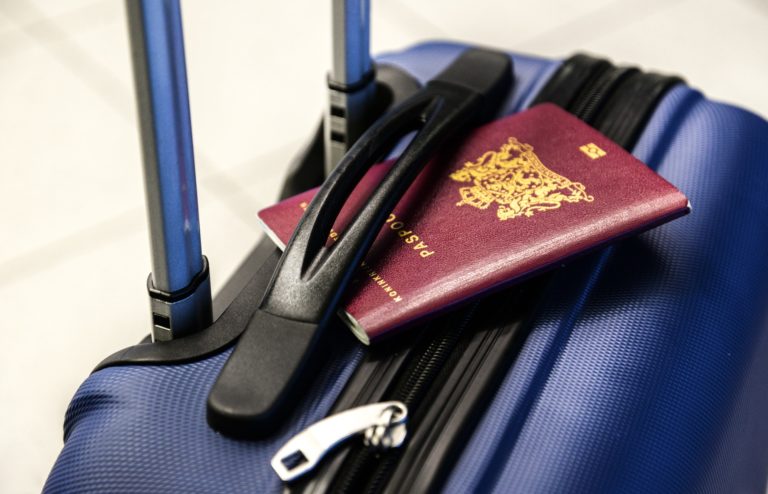Most countries around the world have closed their borders due to the COVID-19 restrictions. To many, this may sound like a good way to prevent the spread the COVID-19. However, the lack of tourists can seriously cripple the economy of certain countries, and in turn, end up doing more harm than good.

Hungary has implemented a new policy which only allows people who already had COVID-19 into its country. The policy came into effect in early September and states that anyone who can provide evidence that they’ve recovered from COVID-19, along with proof of both a positive and negative test in the past six months, will be allowed to enter the country, reports CNN Travel.
Experts have referred to this kind of policy as an ‘immunity passport’ and evidence suggests it does actually work.
‘It’s certainly theoretically possible that some people even who have antibodies may not be protected, But I think the majority of people that test positive for antibodies will be protected for some time,’ said Dr Ania Wajnberg, from Mount Sinai Hospital’s Icahn School of Medicine in New York to CNN.
Iceland has plans to implement a similar policy in the near future and has already given citizens permission to ignore the nationwide mask mandate if they previously recovered from COVID-19.
Wajnberg is backing up her claims that ‘people that test positive for antibodies will be protected by running a study that includes more than 30,000 people who had mild to moderate cases of COVID-19. Her latest research, which was published in October, found that around 90% of subjects had a sufficient amount of antibodies in their system to kill the virus for months after initially recovering from it.
‘This may be a reasonable way to begin to reopen society and allow for travel and business,’ she said.
One of Iceland’s leading epidemiologists Thorolfur Gudnason has come to the conclusion based on his country’s own data, along with studies from around the world.
‘I think it’s also unfair to people who have had the infection. Why should they not be allowed to travel freely?’ Gudnason questioned. ‘I think it’s a question of justice, basically. If you have the medical condition that you are not spreading or having the virus, you’re not a risk to the environment, then you should be sort of recognized for that.’
While this may sound like a good idea, the World Health Organization (WHO) seems to have a different opinion on immunity passports.
In April, WHO advised against the idea of immunity passports, with the organisation stating in scientific brief: ‘There is currently no evidence that people who have recovered from COVID-19 and have antibodies are protected from a second infection.’
On Thursday, 3 December, the WHO once again confirmed that it has not changed its position on the matter. A number of other experts have also expressed their concerns over allowing preciously infected people to cross a particular border.
‘I think the worst-case scenario is that you see a spike in cases that happens because people are incentivised to try to get COVID-19 to demonstrate immunity,’ said Carmel Shachar, a Harvard University bioethics and health law expert.
‘So, all of a sudden, you’d see people not wearing masks, not respecting social distancing, because they want to get Covid. Especially if more and more countries adopted a similar scheme,’ he added.
Immunity passports could become more popular once a vaccine is made available to the public. According to reports from CCN, the International Air Transport Association is already working on a digital ‘travel pass’ that passengers can use to prove they have been vaccinated.
Image: Pixabay














